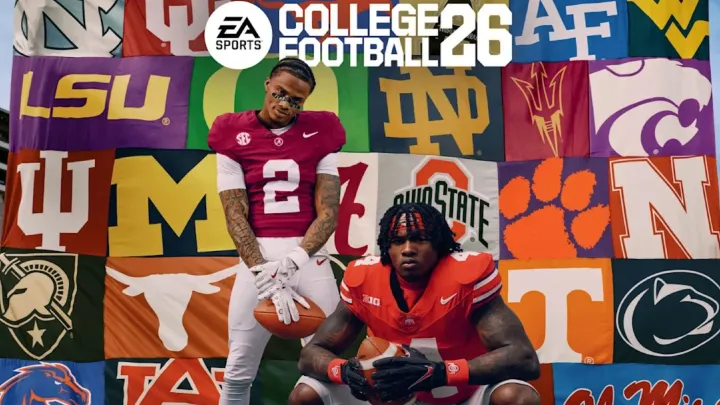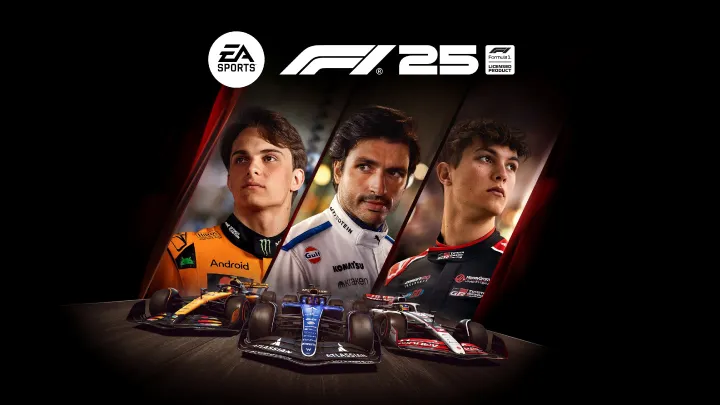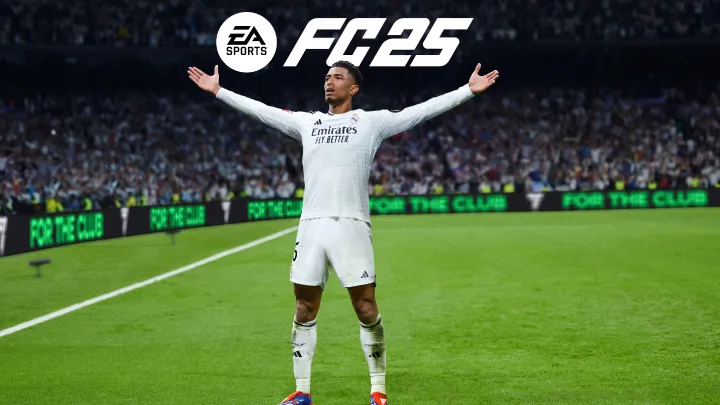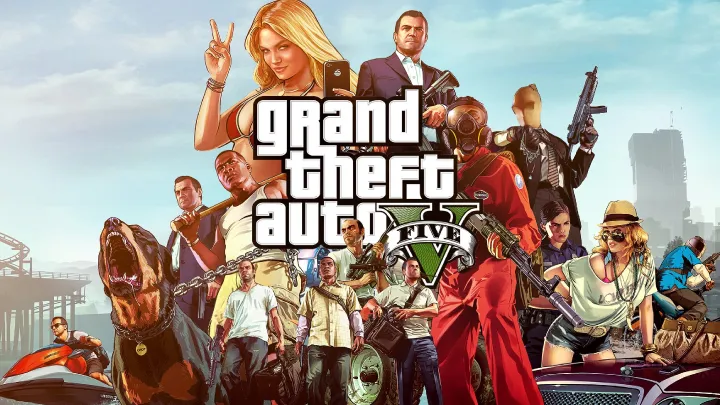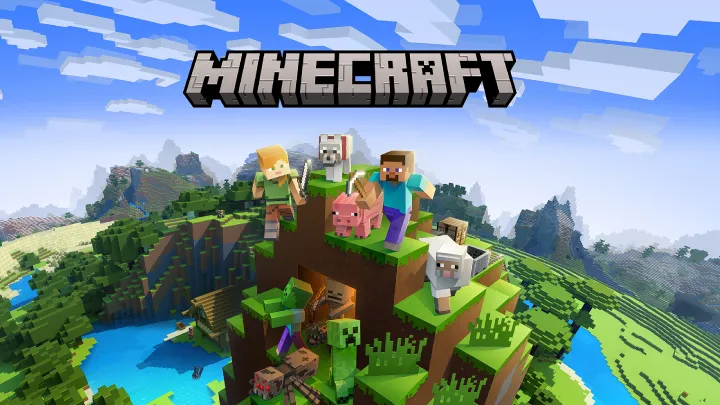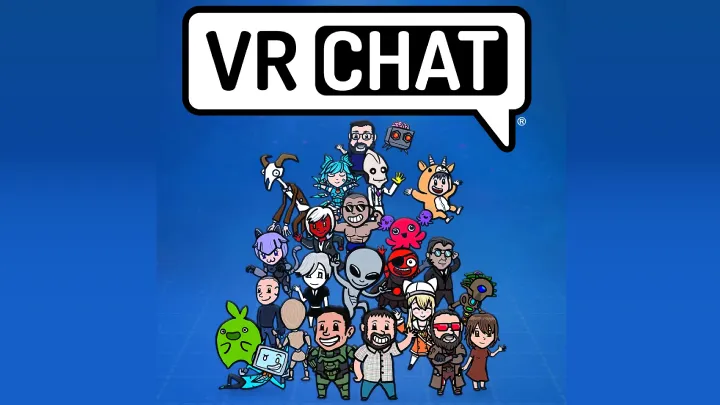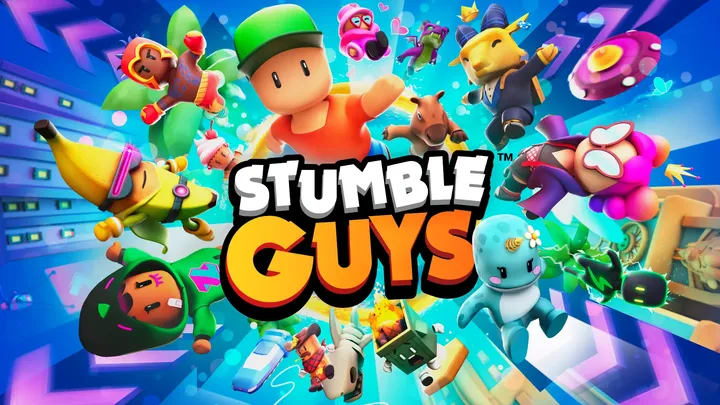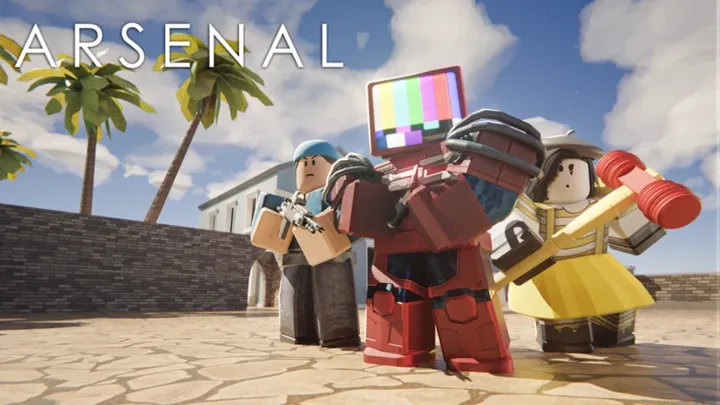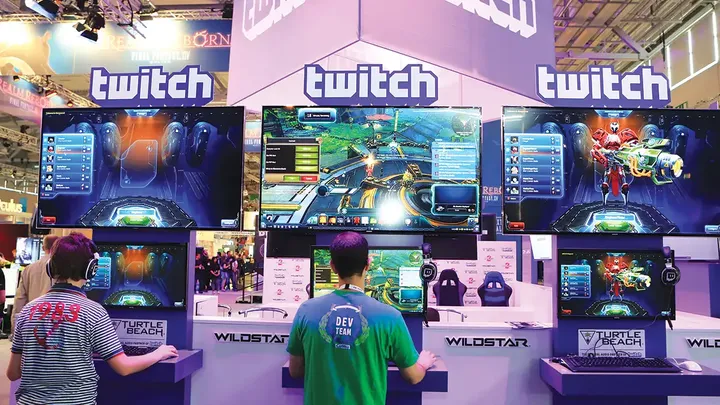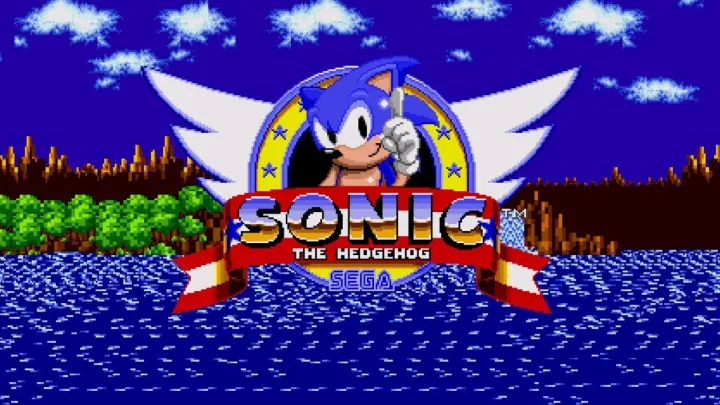Introduction
EA SPORTS FC 25 is the second entry of EA’s post-FIFA era and, in many ways, the first that truly feels like a systemic reboot rather than an annual tune-up. The headline this year is FC IQ—a new tactical brain that sits alongside HyperMotionV animation data and PlayStyles to reshape match flow, squad building, and even Career Mode. Around that pillar, EA adds the small-sided Rush (5v5) format across modes, polishes Clubs with deeper customization and cross-play, and streamlines Ultimate Team’s day-to-day friction. The package launched on September 27, 2024, across PlayStation, Xbox, PC, and Switch (with Ultimate Edition early access on September 20).
What’s actually new on the pitch
FC IQ (Player Roles, Team & Smart Tactics). FC IQ governs how every player thinks and moves off the ball via Player Roles—over 30 base roles with “Focus” variants and per-player Role Familiarity tiers (Base/Role+/Role++). It also introduces Team Tactics presets, shareable codes, and Smart Tactics—D-pad suggestions and chalkboard overlays that react to match context. Taken together, it’s the most significant change to EA’s football AI in years and it’s felt in every mode.
Animation & physics refresh. HyperMotionV/AI Mimic expands the volumetric animation library (now covering 1,800+ players) and underpins cleaner dribbling, shooting follow-throughs, and a notable passing accuracy overhaul that leans more heavily on attributes and body shape. New quality-of-life systems include a dedicated Professional Foul input and an Offside Advantage overlay. There’s even optional wind effects (offline) that subtly influence ball flight and presentation.
The bottom line: Matches play more like coached systems—presses bite, wingers actually stretch, and your tactical intent manifests more reliably on the grass.
Ultimate Team: less grind, more knobs to turn
Rush comes to FUT. The new Ultimate Team Rush is a 5v5, locked-to-player format with weekly objectives and “Blocks” that incentivize collaborative squad building before kickoff. It’s fast, social, and a low-stress way to progress your 11v11 club.
FC IQ inside FUT. Manager Items now carry real-world tactical presets; Player Roles replace Work Rates on item shells, and tactics are sharable by code (including in the Companion app). Presentation gets a fresh stadium and broadcast layer that highlights chemistry choices, debuts, and in-form stars.
Quality-of-life wins. You can park untradeable duplicates in SBC Storage instead of quick-selling, Rivals rewards are simplified, and Live Friendlies use form-based matchmaking instead of Rivals’ MMR. Cosmetic Evolutions let you stylize card frames without shifting stats.
Career Mode: livelier saves, clearer intent
Live Start Points & Snapshots. Jump into any gameweek of the 2024/25 season with rotating “snapshots” of real-world tables and storylines—useful for narrative saves or challenge runs.
Women’s football parity. Full Women’s Manager Career—with major leagues and bespoke challenges—plus women’s Player Career support.
FC IQ as your sporting director. Tactical Presets/Player Roles integrate with scouting, staff, and Development Plans 2.0—coaches can raise role familiarity; recruitment can filter for role fit; plans surface growth stages and unlocks. A revised morale sweet spot curbs “perma-happy” exploits.
Youth & UX. The academy expands to 160+ scouting countries and even supports Rush youth tournaments; UI adds a Task List and an in-game Social Media feed featuring partners like The Athletic and Fabrizio Romano for diegetic storytelling. Face creation gets Cranium head-sculpting tech across Career/Clubs.
Clubs (Pro Clubs): finally growing up
Cross-play and social glue. Clubs supports cross-play across same-generation platforms (PS5↔XSX|S↔PC; PS4↔XB1) in League, Playoffs, Friendlies, Drop-in—and Clubs Rush joins the party. Switch has Clubs (including Rush) but not cross-play with other consoles.
Customization takes a leap. Clubs inherits Cranium face-sculpting, more cosmetics (tattoos, sleeves, hair), and stadium theming bundles; keepers gain dedicated GK PlayStyles for clearer identities.
Platform notes & availability
FC 25 shipped on PS5/PS4, Xbox Series/One, PC, and Nintendo Switch. The Switch edition’s big change is feature parity for Rush (FUT/Clubs/Kick-Off) and Clubs presence; as usual, advanced animation features like HyperMotionV remain new-gen/PC only.
Where it stumbles
No annual sports game launches perfectly. Early months saw community chatter about Career Mode’s new UI learning curve and intermittent cross-play friction in Clubs; EA’s live patch cadence handled many issues, but your mileage may vary depending on platform and mode priorities.
Verdict
EA SPORTS FC 25 earns its keep by changing how you think about your team, not just how you time your green-timed shots. FC IQ’s Roles/Tactics unlock a satisfying layer of identity and counter-play; Rush supplies a breezy loop that keeps friends engaged without ladder stress; Career Mode finally feels reactive to both your plan and the real season outside your save. Ultimate Team’s friction-cuts and Clubs’ long-overdue cross-play round it out.
If you bounced off last year’s game for feeling familiar, FC 25 is the first post-FIFA entry that meaningfully reframes the whole experience—especially on new-gen/PC where the animation and broadcast lift shine brightest.






